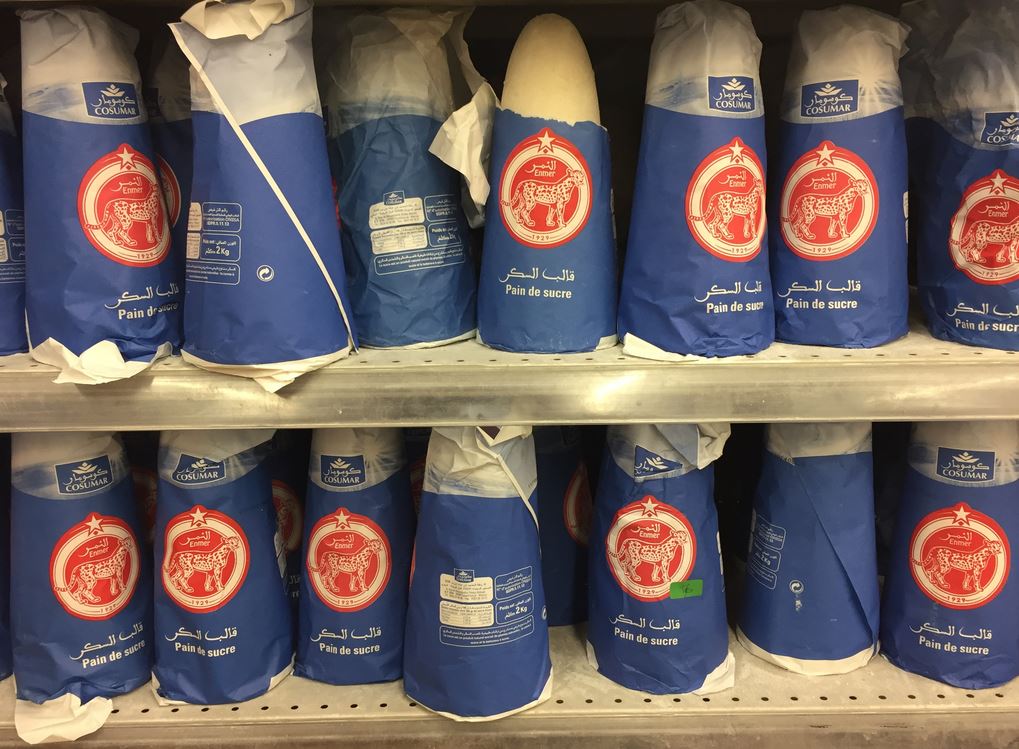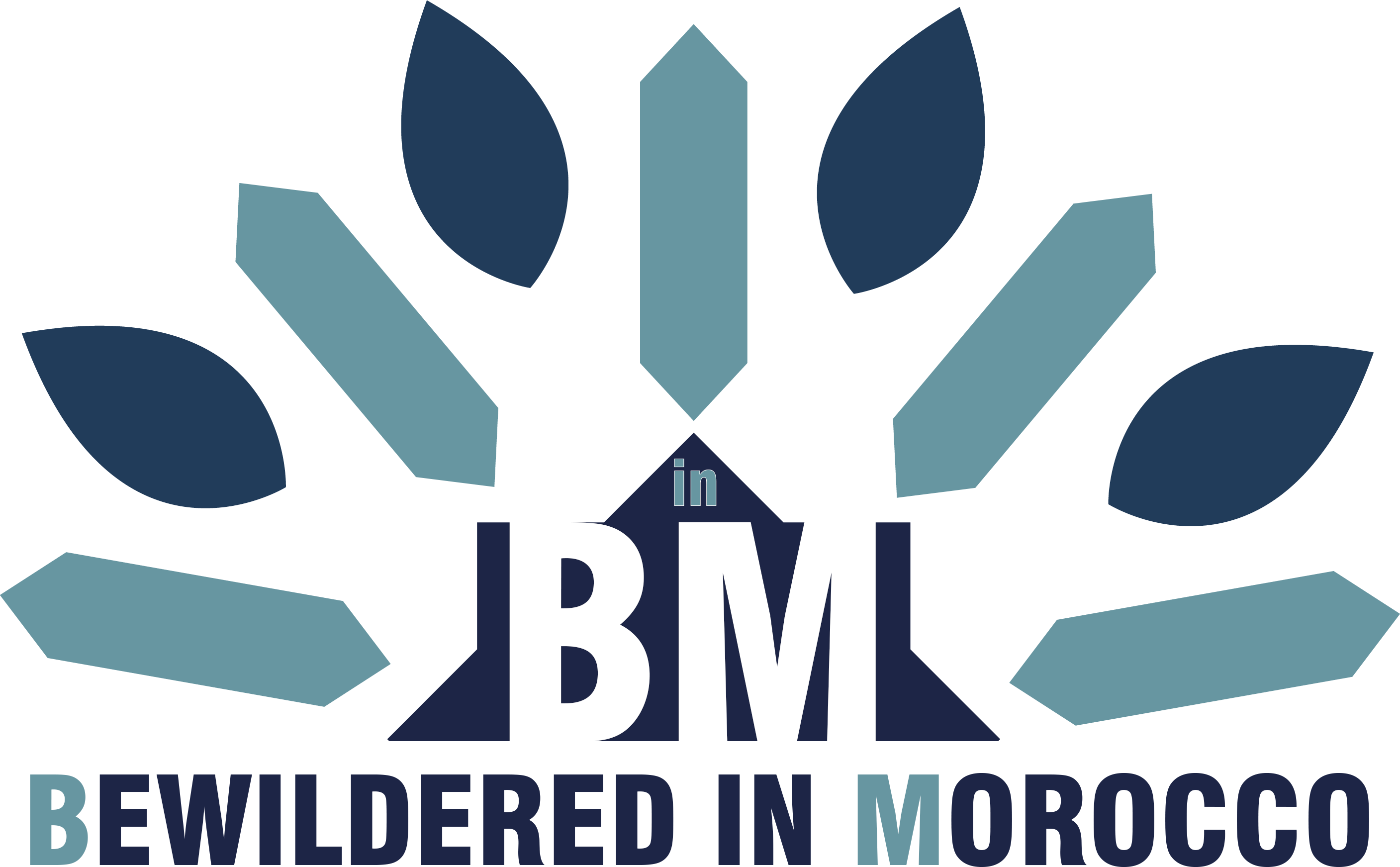
Living in Morocco has taught me that some of the most fascinating cultural traditions come in unexpected forms. Take the iconic sugar loaf (qaleb sukkar) – this cone-shaped block of sugar isn’t just a sweetener, it’s a powerful symbol of Moroccan hospitality, celebration, and even conflict resolution!
What is a Moroccan Sugar Loaf?
Picture a pristine white, cone-shaped block of sugar weighing about two and a half kilos, wrapped in distinctive blue paper. While it might look simple, this humble sugar loaf carries centuries of tradition and social significance in Moroccan culture.
A Sweet History
During the 16th and 17th centuries, under the Saadian Sultan Al-Mansour, Morocco was actually a global center for sugar production and export. While those glory days of sugar production have passed (Morocco now imports about 55% of its sugar), the cultural traditions surrounding sugar loaves have remained deeply rooted in society.
More Than Just a Gift
What fascinates me most about sugar loaves is how they’re used in Moroccan society:
- As official gifts for celebrations and condolences
- A traditional part of marriage proposals
- A symbol of reconciliation between conflicting parties
- A measure of respect (the more sugar loaves given, the greater the honor)
The Language of Sugar in Marriage
One of the most interesting traditions involves marriage proposals. When a man visits a family to ask for their daughter’s hand in marriage, he brings at least two sugar loaves. The family’s acceptance of these sugar loaves signals their initial approval of the match. During wedding celebrations, the number of sugar loaves given to the bride’s family can even be seen as a measure of how much the bride is honored!
A Tool for Peace
Perhaps most remarkably, sugar loaves are used as peace offerings in conflicts. When disagreements arise between families or even tribes, the offering of sugar loaves serves as a powerful gesture of apology and reconciliation. The pure white color symbolizes peace, forgiveness, and purity of intention.
A Living Tradition
While Morocco has modernized in many ways, the tradition of sugar loaves remains strong. Whether it’s a celebration, condolence visit, or reconciliation, you’ll still find these iconic blue-wrapped cones playing their sweet role in maintaining social bonds.
Have you encountered sugar loaves in Morocco? I’d love to hear about your experience in the comments below!
